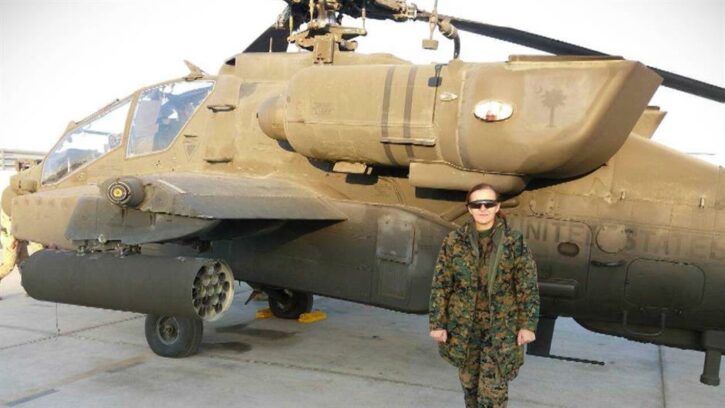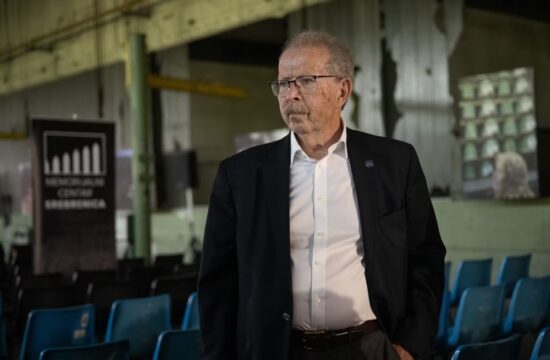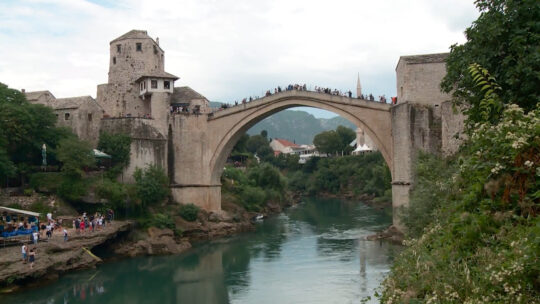
Bosnia and Herzegovina Armed Forces' Ensign Alma Kadric is the only female officer from the southeast Europe, who was educated at the prestigious US Army Sergeants Major Academy (USASMA) in Texas. She graduated with the superior grade.
Kadric served in a mission in Afghanistan this year, and now she now she is an officer in the Operations and Training Department of Bosnian Armed Forces. In an interview for N1, she spoke about her military experience.
You are a traffic and telecommunications engineer. How and when did you decide to apply for the army?
“Due to a set of various circumstances. After the events from 1992, I decided to take the boots and it has been lasting until today.”
Was it a difficult decision?
“It wasn't. You're young, you want to give your contribution and I never regretted that.”
Is it hard to be a woman in the army?
“It takes a lot of effort, energy, power and you're constantly participating in various trainings, educations, which is why it is always interesting.
According to Kadric, the stereotypes about a low number of women at the leading positions are slowly being eliminated.
“In the system of today, you can see many beautiful, young and successful women who are the exactly the ones beating those stereotypes about service in the army being a male job only. Women are proving they can be equally successful and capable just like their male colleagues,” she said.
Is there any difference in the training or testing for men and women?
“There is no difference, in some tests women showed they were much more successful than men.”
You are the only woman from the southeast Europe who was educated at the Army Sergeants Major Academy in Texas. What kind of training went through?
“I had to make many steps before enrolling in the education. The initial event to get to the Academy was a seminar on leadership that took place in Capljina and that's when I was noticed by Americans who said ‘this is a candidate for the Academy.’ That's when many tests followed, knowledge of English was crucial, and I passed.”
You served in a mission in Afghanistan from 2017 to 2018. How do these missions look like? Are they dangerous?
“There are risks. Bosnia and Herzegovina's contingent performed staff-related jobs, very responsible jobs. Our members were on the same level as other soldiers. We were representing the state in the best possible way.”
One of the stereotypes is that ‘male professions’ do not go hand in hand with the biological role of a woman. How do you balance between profession and private obligations?
“I am an example of how this balance is functioning well. Of course, you have to have the support of your family for that, they have to help you when things get stuck. I think they are satisfied and proud of me.”



